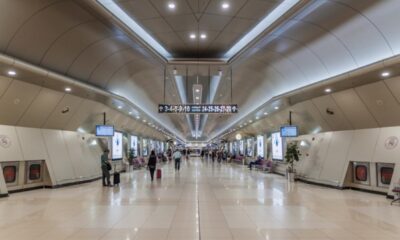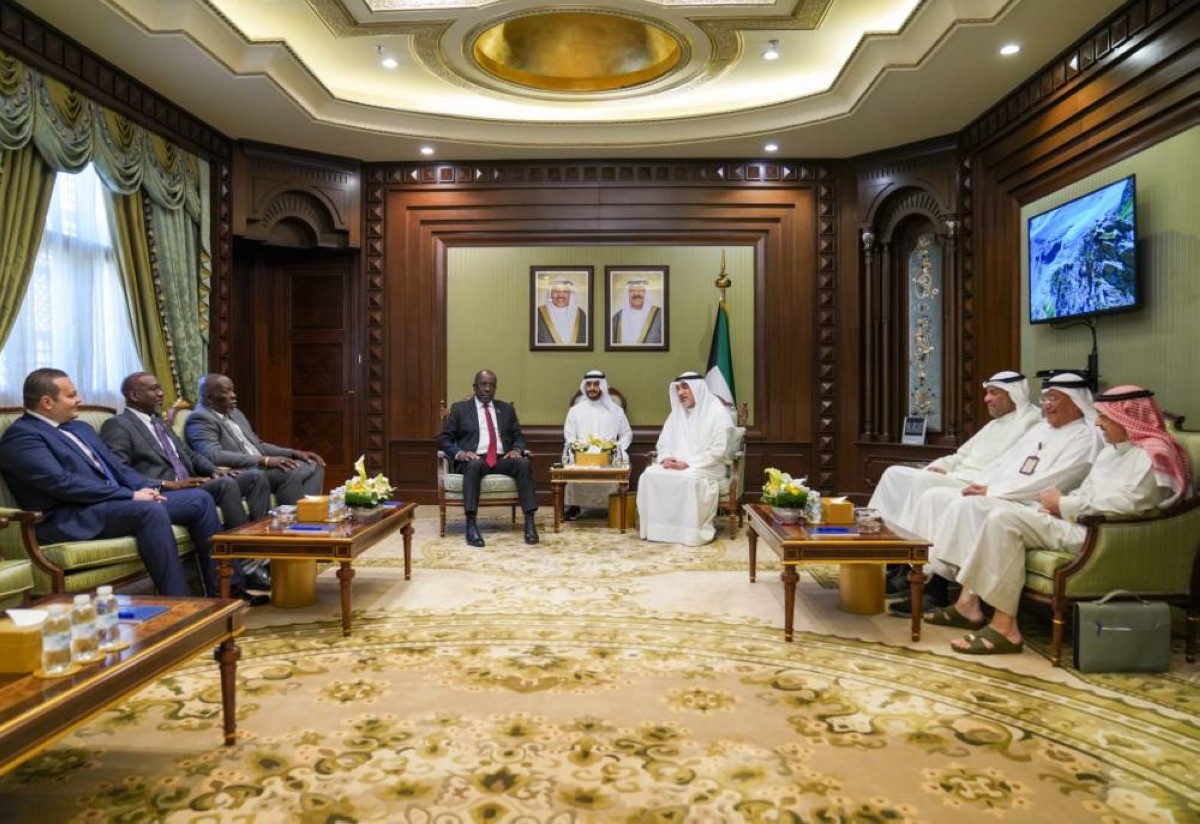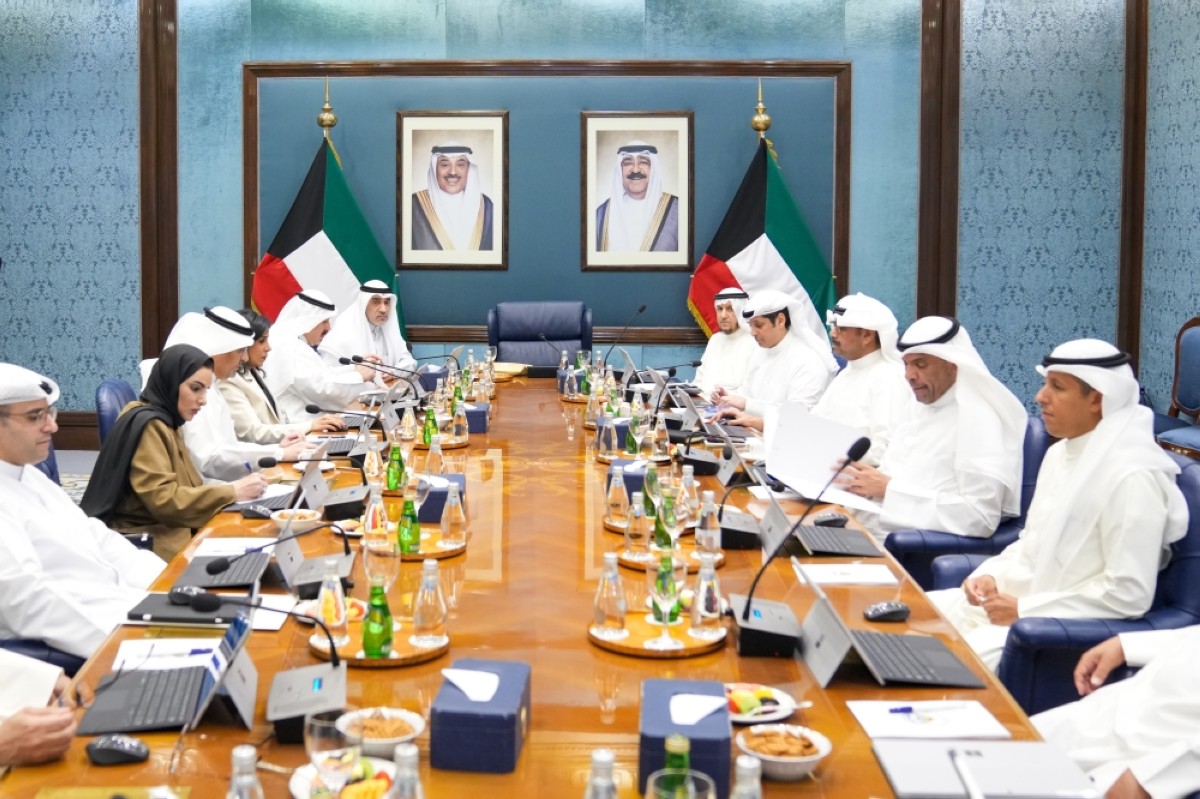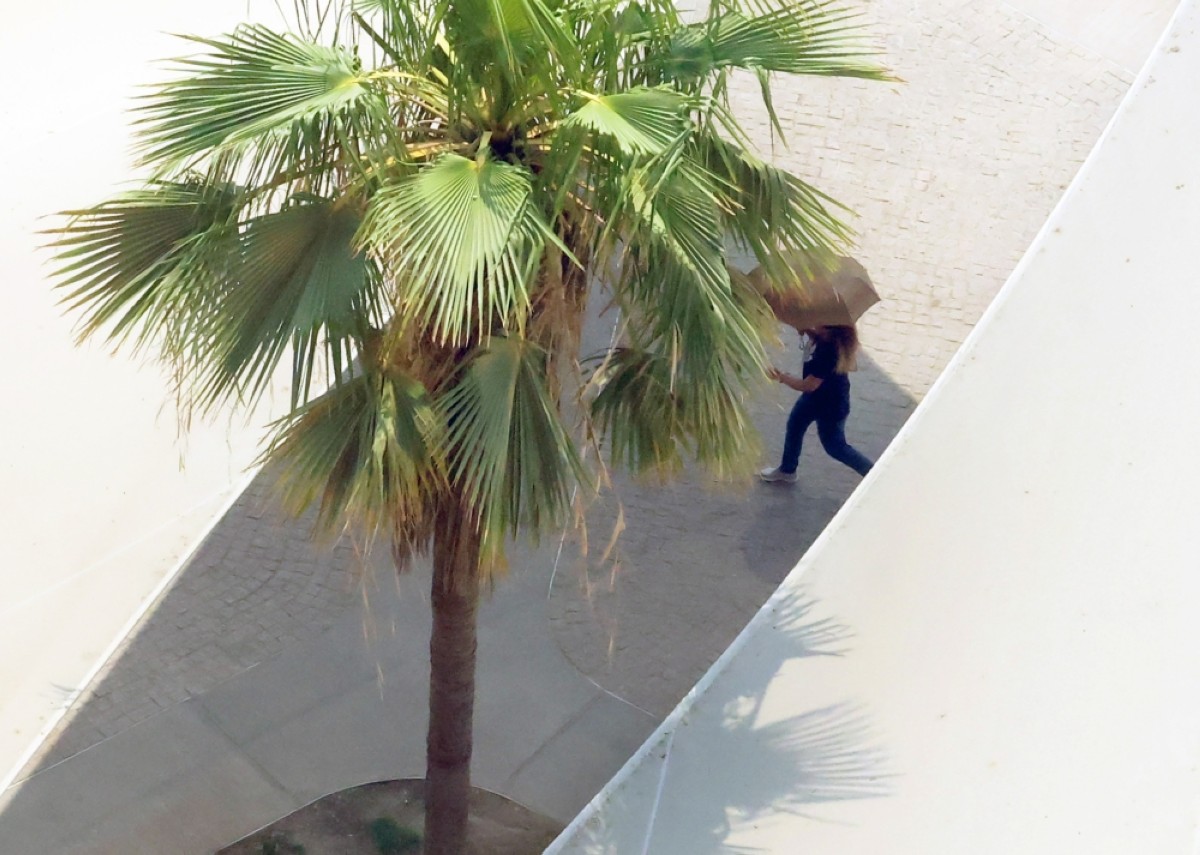Latest News
NCCAL urges adherence to theater rules to uphold cultural standards
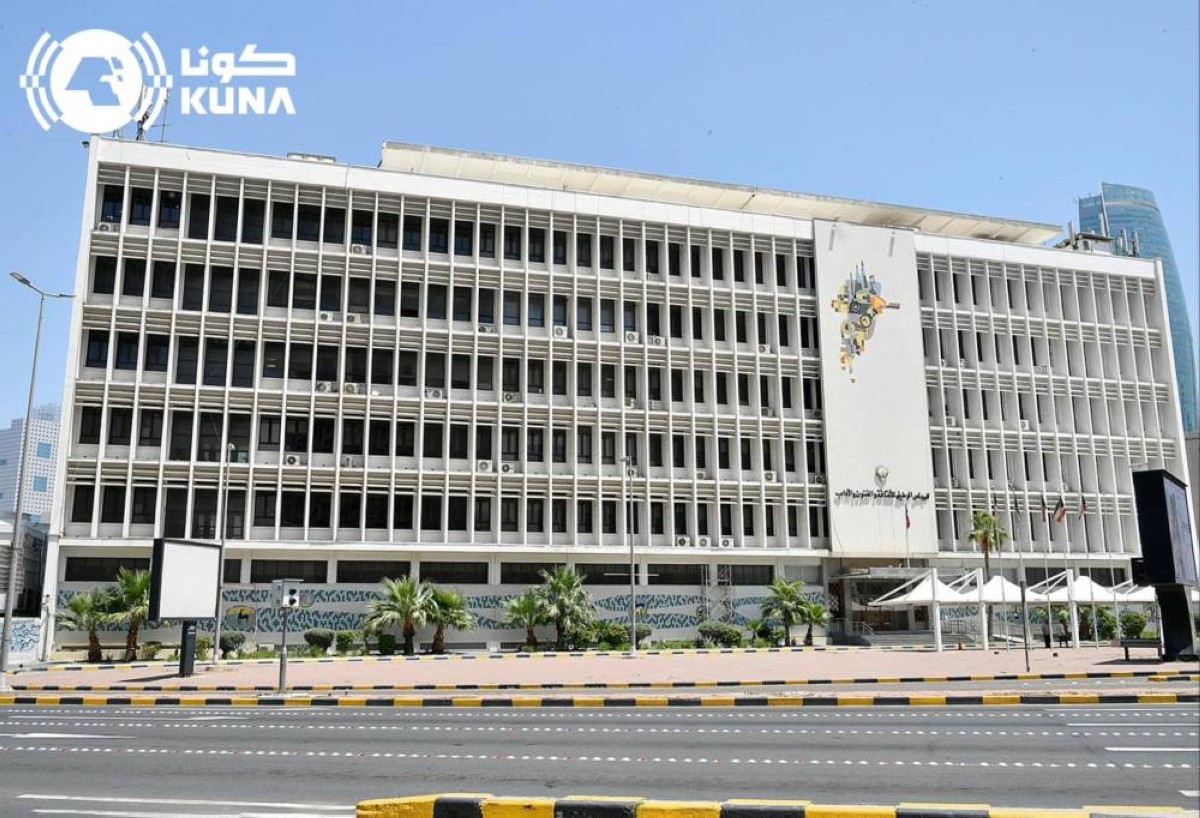
Latest News
Kuwait Acting PM receives Antigua and Barbuda’s Foreign Minister
Latest News
Sept 4 declared holiday for Prophet’s birthday
Latest News
Expert urges caution as rising humidity triggers respiratory issues
-

 Latest News13 hours ago
Latest News13 hours agoKuwait, Somalia strengthen ties with new agreements
-

 Latest News12 hours ago
Latest News12 hours agoNew rules to protect public money, speed up courts
-

 Business20 hours ago
Business20 hours agoAgility Global PLC Reports Q2 2025 EBIT of $97 Million
-

 Business19 hours ago
Business19 hours agoKamco Invest reports a net profit of KWD7.1mn for the first half of 2025
-

 Latest News19 hours ago
Latest News19 hours agoFamily visit visas open to all, ‘no salary cap needed’
-

 Politics23 hours ago
Politics23 hours agoKuwaiti woman arrested for sorcery, witchcraft, and fraudulent practices
-

 Latest News22 hours ago
Latest News22 hours agoKuwait’s KISR launches IKARUS platform for high-performance computing and AI
-

 Latest News14 hours ago
Latest News14 hours agoKuwait Times Summer Program interns visit NIC



